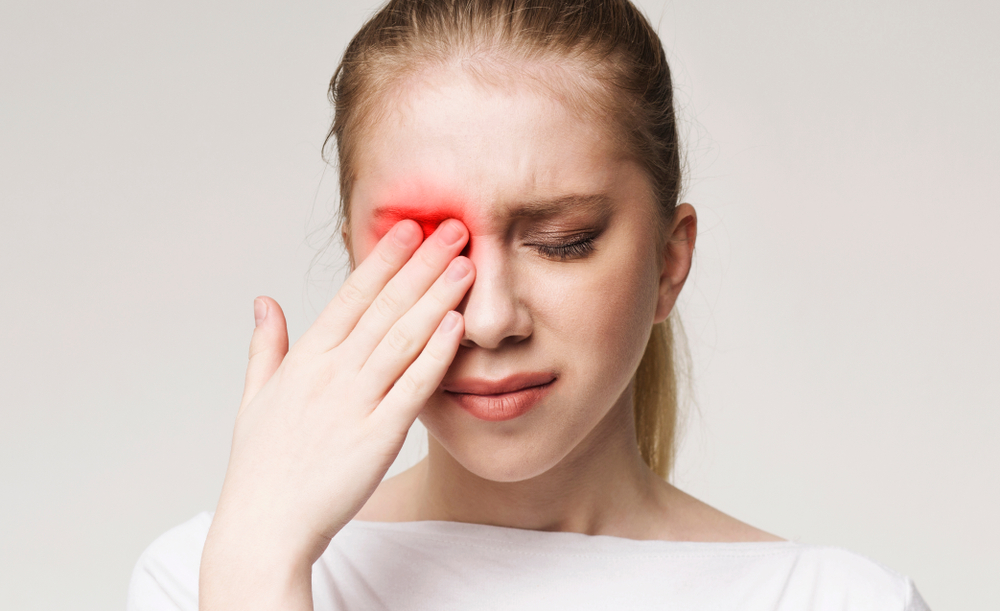
If your eyes are red, itchy, tearing, or feel like they are burning, you could be having eye allergies. Eye allergies can occur when your eyes come into contact with irritating elements called allergens. Allergens include pollen, smoke, or dust, and they cause your immune system to react in response to exposure to them.
Eye allergies can either be seasonal or perennial. Seasonal eye allergies are common during the spring, summer, and autumn seasons when pollen from flowers and trees and spores from mold is in the air. Perennial eye allergies occur at any time of the year. They are mostly caused by dust mites, pet dander, and using beddings that are not dust-proof. Smoke, perfumes, cosmetics, and certain medications can also cause perennial eye allergies.
Symptoms of Eye Allergies
Typical signs linked to eye allergies include puffy eyelids, burning sensation, redness, itching, tearing, and light sensitivity. Though these warning signs are usually mild, they can make it hard for you to read or perform your daily activities.
Preventing Eye Allergies
There are many ways to prevent eye allergies. However, preventing eye allergies can be difficult with allergens like dust. If you normally experience eye allergies, you can reduce your risk of having an allergic reaction by:
Vacuuming and keeping your house clean and free of dust and pet dander.
Dehumidifying your house to keep mold at bay.
Keeping your doors and windows closed and staying indoors when there is a high pollen count.
Wearing sunglasses when outdoors.
Replacing your air filters.
Washing your hands after cuddling any animal.
Not rubbing the eyes because rubbing can make the swelling worse.
Rinsing your eyes when you return home.
Treating Eye Allergies
Although the best way to avoid eye allergies is to limit your exposure to allergens, prevention is not always possible. Here are ways you can treat your eye allergy symptoms.
Doing a cold compress. Soaking a cloth in cold water and placing it over your closed itchy eye can relieve itchiness and soothe your eyes.
Using over-the-counter artificial tears to dilute and remove the allergens.
Using non-prescription decongestant eye drops to reduce redness.
Receiving allergy injections (immunotherapy).
Using prescription eye allergy medications like antihistamines to bring rapid relief from the allergy.
Before trying any of these remedies, you need to get an accurate diagnosis from your eye doctor. Your eye care providor will identify the particular substances that are irritating your eyes and suggest stronger medicines if necessary.
When to See Your Doctor
You need to see your doctor if your eye allergy results in infection or when you feel something caught in your eye. Likewise, if your eyesight worsens and the itchiness causes severe pain in your eyes, you need to halt your home treatments and call your doctor to schedule an eye exam.
To know more about preventing and treating eye allergies, visit Federal Hill Eye Care at our office in Baltimore, Maryland. You can also call (410) 752-8208 to schedule an appointment today.







